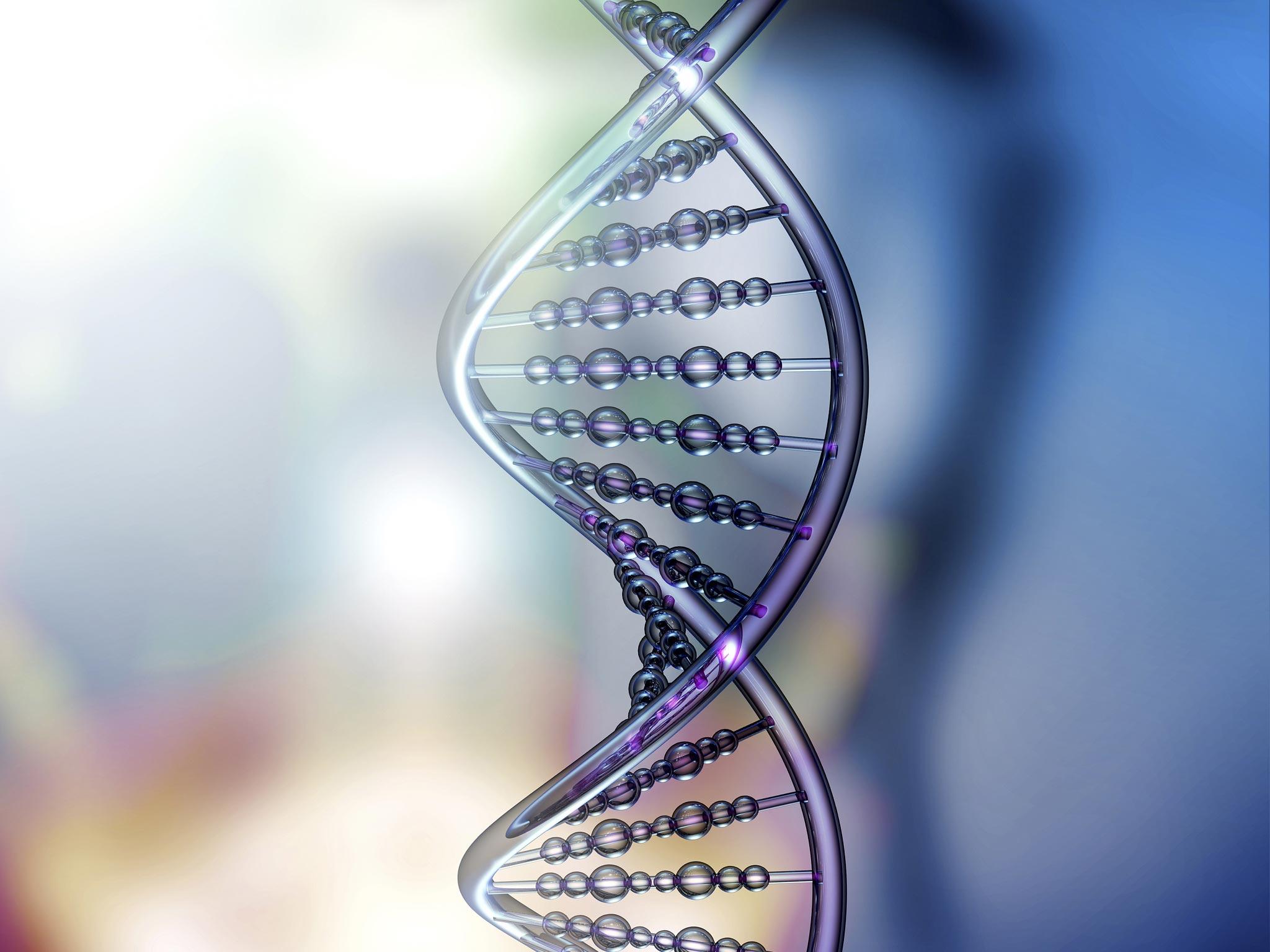Gene editing could bring an end to all inherited disease and cancer, expert says
‘I think we will see it being used to cure all inherited diseases, to cure cancers, to restore sight to people by transplanting genes,’ Edze Westra says

Your support helps us to tell the story
From reproductive rights to climate change to Big Tech, The Independent is on the ground when the story is developing. Whether it's investigating the financials of Elon Musk's pro-Trump PAC or producing our latest documentary, 'The A Word', which shines a light on the American women fighting for reproductive rights, we know how important it is to parse out the facts from the messaging.
At such a critical moment in US history, we need reporters on the ground. Your donation allows us to keep sending journalists to speak to both sides of the story.
The Independent is trusted by Americans across the entire political spectrum. And unlike many other quality news outlets, we choose not to lock Americans out of our reporting and analysis with paywalls. We believe quality journalism should be available to everyone, paid for by those who can afford it.
Your support makes all the difference.All inherited diseases and cancers could be cured in the coming decades, according to a leading British expert.
Gene editing techniques that have been developed in recent years could be put to work to effectively end cancer and inherited diseases, according to Dr Edze Westra
Mr Westra believes that the ability to splice DNA into cells precisely – a technology which is on the horizon, but is rejected on moral grounds by many – will become “super important” over the next 20 years.
It could completely transform the human race, he says – so that people are not affected by cancer, failing vision or the diseases of old age.
The bioscientist from the University of Exeter said: “There is always a risk with this kind of technology and fears about designer babies and we have started having discussions about that so we can understand the consequences and long-term risks.
“I think in the coming decades gene editing will become super important, and I think we will see it being used to cure all inherited diseases, to cure cancers, to restore sight to people by transplanting genes.
“I think it will definitely have massive importance.”
On Tuesday, two highly influential academic bodies in the US shook up the scientific world with a report that, for the first time, acknowledged the medical potential of editing inherited genes.
The National Academy of Sciences and National Academy of Medicine ruled that gene editing of the human “germline” – eggs, sperm and embryos – should not be seen as a red line in medical research.
Many critics insist that powerful new gene editing techniques should never be used to alter inherited DNA.
They argue that such a move would be the start of a slippery slope leading to “designer” babies with selected features such as blue eyes, high intelligence or sporting prowess.
But the two pillars of the American scientific establishment said that with necessary safeguards, future use of germline gene editing to treat or prevent disease and disability was a “realistic possibility that deserves serious consideration”.
Mr Westra is taking part in a discussion on gene editing and its potential implications for society at the American Association for the Advancement of Science (AAAS) annual meeting in Boston, Massachusetts.
He said gene editing technology not only held out the promise of fixing genetic faults, but could be used to turn cells into miniature factories that churned out therapeutic chemicals or antibodies.
One application was the use of “gene drives” that increase the prevalence of a certain trait in a population.
For instance, gene editing machinery placed inside the cells of large numbers of malaria transmitting mosquitoes could prevent them spreading the organism that carries the disease to humans.
“It could be a fantastic strategy to deal with some of the world’s biggest problems,” said Mr Westra.
“In terms of ethics we need to work out what happens if a genetically engineered insect flies out of the window of the lab. Trials into gene drives are already happening in labs for malaria.”
The most promising form of gene editing, known as CRISPR/Cas9, was first demonstrated in 2012.
It employs a defence system bacteria use to protect themselves against viruses.
A carefully targeted enzyme is used as chemical “scissors” that cut through specific sections of double stranded DNA. Then the cell’s own DNA repair machinery can be exploited to insert the “pasted” genetic material.
Mr Westra said: “Gene editing... is causing a true revolution in science and medicine, because it allows for very precise DNA surgery.
“A mutation in a gene that causes disease can now be repaired using CRISPR.”
PA
Join our commenting forum
Join thought-provoking conversations, follow other Independent readers and see their replies
Comments